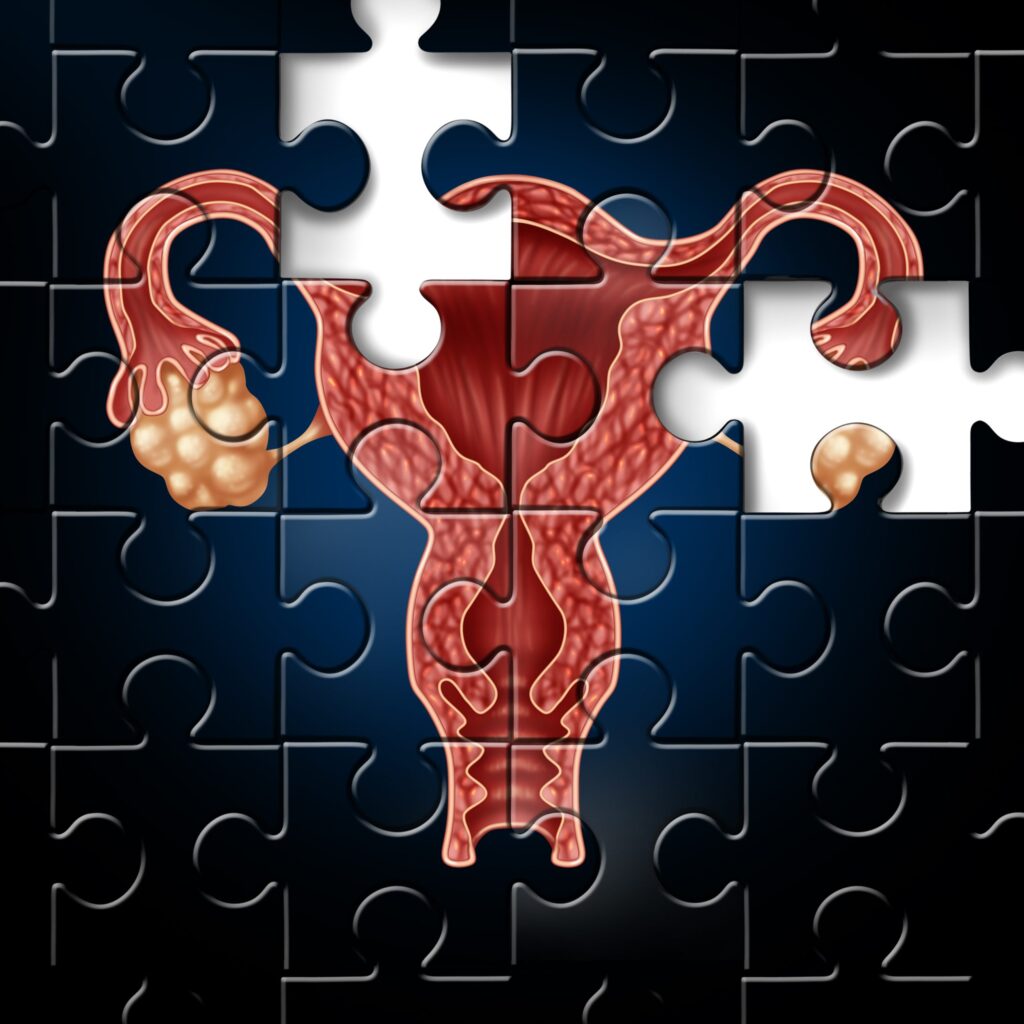Early onset this, premature that… is anything with our bodies ever on time?! Being early used to seem like a good thing, too. Catch the worm, they’d say! But when it comes to menopause and other midlife diagnoses, it feels like we’re catching everything but a break. For those trying to catch up with the clock, knowing the signs and differences between early menopause and premature ovarian insufficiency can spare you serious time.
Information is empowerment. Trying to educate ourselves on so many medical terms and conditions can be infuriating to do on our own, though. A quick Google search and you’re led to sus out pages and pages of information. Is premature ovarian insufficiency the same thing as primary ovarian insufficiency?? And is premature ovarian insufficiency the same thing as premature menopause?? Don’t get yourself flushed in a panic. Your Menopause Mondays mother is here to break it down.
Early or premature menopause is a loss of normal function of the ovaries before the age of 40. Some women who enter early menopause and have not stored their eggs may use IVF and donor eggs as alternatives to becoming pregnant. BTW hormone therapy can help reduce the risk of osteoporosis and heart disease, which increase with early menopause. If you do experience early or premature menopause please be sure to discuss HT with your menopause specialist. Read more about the latest on hormone therapy and hormone happiness here.
Premature ovarian insufficiency (POI) means menopause before the age of 40. Previously it was called premature ovarian failure. However, it was changed to insufficiency instead of failure because people with POI can have intermittent ovulation. This means you may release an egg and might even get pregnant. Statistics show that 5-10% of women with POI can still become pregnant. [ss_click_to_tweet tweet=”Did you know? Recent statistics reveal that 5-10% of women with POI (Premature Ovarian Insufficiency) can still achieve pregnancy.” content=”” style=”default”]
Now, where it gets tricky is that the symptoms of POI are very much like the symptoms of perimenopause and menopause. Here are many common symptoms that overlap:
- Irregular or skipped periods
- Difficulty getting pregnant
- Hot flashes
- Night sweats
- Vaginal dryness
- Irritability or difficulty concentrating
- Low libido
Perimenopause, on the other hand, defines the years leading up to our body’s transition into menopause. The journey can begin in our 30s, but most women begin perimenopause between 40 to 44. During perimenopause, the period becomes quite the drama queen. She may come and go irregularly. Close curtain! You may also experience a shorter cycle or a fully missed period. Open curtain! I must caution you not to get overly excited the first time your period goes missing and immediately toss your tampons in the garbage and let the pads with wings fly out the window. Hold the applause! A period can leave for months and then suddenly return, undoubtedly on a day you’re wearing white. You must start the clock over if you experience “breakthrough” bleeding. You can get pregnant until you have been without a period or any bleeding for 12 consecutive months.
Remember, POI and premature or early menopause are different conditions. It’s best not to make assumptions about our leading ladies… find yourself a Menopause Specialist with my resource guide to determine if you’re facing the first act of perimenopause, premature menopause, or the symptoms of premature ovarian insufficiency. Standing ovation or ovulation!?
According to the NIH, here are some blood tests to ask for:
- Follicle-Stimulating Hormone (FSH) Test– Follicle-stimulating hormone (FSH) signals the ovaries to make estrogen. Some people may refer to it as the “female hormone.” Often your doctor will do two FSH tests a month apart.
- Luteinizing Hormone (LH) Test – LH signals a mature follicle to release an egg. High levels of LH are present in women who have POI.
- Estrogen Test – Low estrogen levels are common with these issues.
- Anti-Mullerian Hormone (AMH) Test – A blood test that estimates the number of eggs in the ovaries.
This is a lot of information out there, especially with the internet at our fingertips. It can feel like you’re back in school on an all-night, caffeine-fueled cram session during finals week. Breathe, look to the sisterhood, and take a few days to educate yourself about these tests your menopause specialist may recommend. Many women, like my brave friend Christine, know all too well the struggle of misdiagnosis after misdiagnosis. Stay strong, advocate for yourself, and get time back on your side!
My Motto: Suffering in silence is OUT! Reaching out is IN!
If you want to educate your employees, colleagues, or friends about menopause, look no further! Book Ellen for your next event.
Sign up for Menopause Mondays® HOT News Flashes
Be sure to follow me on Instagram @menopause_mondays.
Follow me on TikTok @menopausemondays





